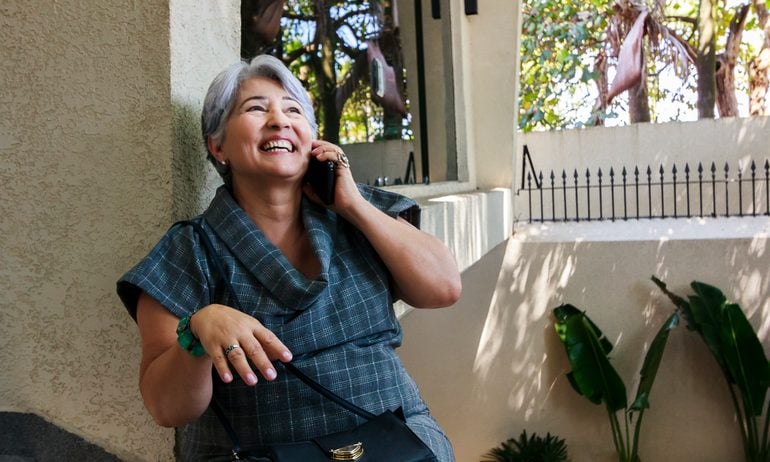When Can I Retire If I Was Born in 1957?
You can begin drawing a reduced Social Security check in 2019, when you turn 62, but it's generally better to wait.

Many, or all, of the products featured on this page are from our advertising partners who compensate us when you take certain actions on our website or click to take an action on their website. However, this does not influence our evaluations. Our opinions are our own. Here is a list of our partners and here's how we make money.
The investing information provided on this page is for educational purposes only. NerdWallet, Inc. does not offer advisory or brokerage services, nor does it recommend or advise investors to buy or sell particular stocks, securities or other investments.
If you were born in 1957, your Social Security full retirement age is 66 years and 6 months.
People born in 1957 could start reduced Social Security benefits as early as 2019, at age 62. Eligibility for full retirement benefits starts in 2023, while waiting until 2027 results in the largest benefit.
If you were born in 1957, here’s what you need to know about Social Security:
Your Social Security benefit will be permanently reduced by 27.5% if you start at 62 instead of waiting until your full retirement age. And continuing to work would further reduce what you'd get. Your checks will be lowered by $1 for every $2 you make in excess of the earnings limit ($17,640 in 2019).
Starting at 66 and 6 months means you’ll receive 100% of your benefit, and the earnings test no longer applies.
You can get even more by delaying past full retirement age. Benefits rise by 8% annually, or two-thirds of 1% for each month you delay, until benefits max out at 70.
Social Security for those born in 1957
Starting age | % of full benefit | Monthly benefit* | Annual benefit * |
|---|---|---|---|
62 | 72.2% | $1,444 | $17,328 |
65 | 90% | $1,800 | $21,600 |
66 & 6 mos. | 100% | $2,000 | $24,000 |
70 | 128% | $2,560 | $30,720 |
* Based on $2,000 monthly benefit | |||
Delaying is usually advantageous
The higher earner in a married couple should delay as long as possible, since that’s the check the survivor will have to live on when the first spouse dies. Delaying at least until full retirement age makes sense for most people, researchers say, since the majority will live past the “break even” age when the bigger checks they get from waiting more than make up for the smaller checks they forgo in the meantime. (Life expectancy at age 65 is 84 for men and 86.5 for women, plus there’s a 50% chance at least one spouse in a married couple will live past 92.)
Larger Social Security checks are a kind of longevity insurance, since the longer you live, the more likely you are to run through your savings.
You don’t have to claim Social Security at the same time you retire
You can claim Social Security before or after you retire -- the decisions don’t have to be simultaneous. Financial advisors often recommend people tap their retirement savings if that allows them to put off claiming. If you aren’t enrolled in Social Security when you turn 65, you won’t be automatically enrolled in Medicare, so you’ll need to remember to sign up on your own.
How much other income will you need?
Answering the question of “When can I retire?” requires more than knowing how much Social Security you’ll get, since Social Security alone isn’t enough for most people to have a comfortable retirement.
For most workers, Social Security will replace an average 40% of their late-career income. Most people will need savings or a pension to supplement what they get from Social Security.
Our retirement calculator can help you determine how much you’ll need to retire.





